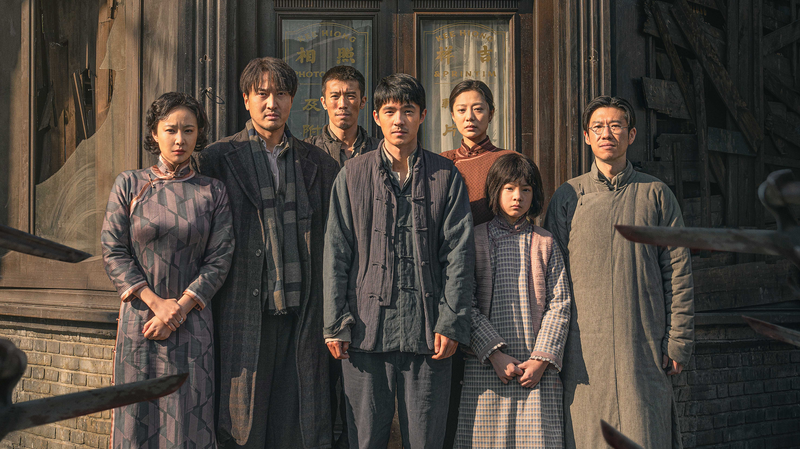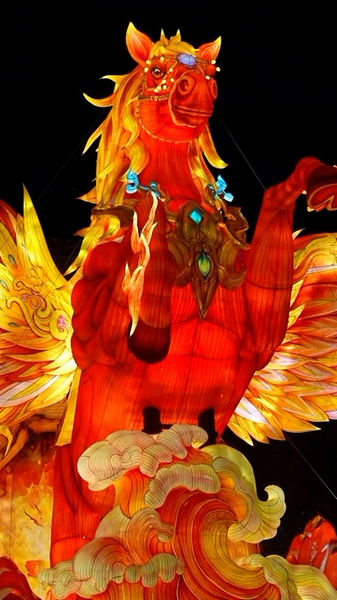🎬 Imagine stepping into a war zone where every scene tests your sense of humanity. In “Dead to Rights,” director Li Wei dives into the heart of the Nanjing Massacre, bringing to life one of the darkest chapters on the Chinese mainland during World War II.
We meet Lieutenant Hideo Ito (Daichi Harashima) in a silent alley. He reaches into his pocket, unwraps a piece of food, and offers it— not to the limp figure on the ground, but to a stray dog begging by his feet. 🍽️🐕 This startling moment sets the tone: a raw portrait of men who’ve lost all sense of compassion.
Through stark visuals and haunting performances, the film doesn’t shy away from the dehumanizing acts committed by Japanese troops. Yet it also explores fragile sparks of humanity—soldiers who hesitate, victims who find courage in small acts of resistance, and survivors who cling to hope amid chaos.
“Dead to Rights” balances brutal honesty with intimate storytelling. Scenes of widespread devastation are intercut with quiet exchanges—a nurse sharing water with a child, a prisoner humming a lullaby, even a wounded soldier offering his meager rations to a stranger. These moments remind us that even in the worst horrors, people can choose kindness.
For young audiences curious about history and culture, this film is both a lesson and a call to empathy. It’s a powerful reminder that cinema can preserve memory and inspire conversations about compassion, justice, and the human cost of war.
Reference(s):
'Dead to Rights' depicts dehumanizing acts of WWII Japanese troops
cgtn.com




